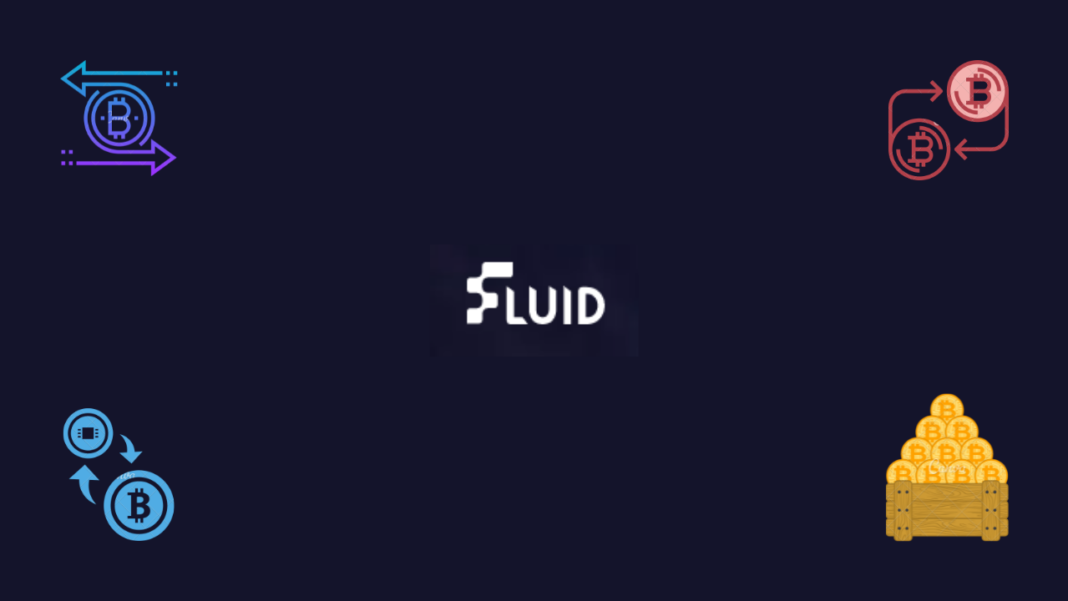With the advent of decentralized exchanges, the need for liquidity has grown significantly. To counter the additional load of transactions on a particular network, the concept of “liquidity pooling” came into being. So, now customers can access tokens more seamlessly. Moreover, with time, trading became a more attractive prospect on decentralized exchanges.
However, with the introduction of multiple exchanges, the issue of interoperability shot up substantially. Moreover, since these individual exchanges had their own limitations and regulatory frameworks limiting the accessibility of crypto to their platform, many trade barriers came to life in between the exchanges.
Moreover, due to this, most decentralized exchanges aren’t able to reach their full potential. Why is it so?
Traditional liquidity solutions are inherently limited, limiting the scope of interoperability & efficiency
Broadly speaking, they face three issues:
- Technically inferior systems – Most of the systems are arbitrage-based. As a result, they are prone to slippage, front running, wash trading and liquidity fragmentation.
- Expensive – Upfront fees, monthly retainers and high interest on borrowed assets drive up the cost of transactions.
- Major counterparty risks – Lack of basic Anti-money laundering (AML) regulations means institutions have reservations regarding their participation in crypto space.
Most importantly, there is no unified platform allowing exchanges and liquidity nodes to do everything in one place. After all, setting up accounts with multiple exchanges is time-consuming and exhausting.
Moreover, the growth of exchanges has led to the growth of fragmentation. Add it with the lack of KYC and AML regulations. The lack of trust and security puts the risk on the consumer.
But now, it looks like we may have a potential solution to this problem.
FLUID: Overview
FLUID is an institutional smart order routing engine & liquidity aggregator, bringing cross-chain liquidity to the digital asset exchange space—all of this at zero cost and no counterparty risk. As a result, the platform provides exchanges with a larger liquidity pool to access. In turn, this decreases volatility and price spreads. Moreover, users can access all the assets they want to through the FLUID global order book. Also, the platform only takes 25% of the fees on trades that are not exchange-native. What does that mean?
Suppose you complete a BTC/USDC trade on an exchange that supports both assets. It will work fine, and they will keep all the associated fees. However, if they don’t support either, the exchange will receive 75% of the trade fees.
FLUID intends on capitalizing on the USD 24 trillion worth of tokenized market volume potential. With every asset aimed to be tokenized in the future, FLUID is positioned to capitalize on penetrating cross markets. This includes spot, futures, derivatives, synthetics, and STOs. Moreover, tokenized assets pave the way for providing the railways’ entry to interoperable liquidity markets.
Team and investors.
Ahmed Ismail is the president of the FLUID platform and heads the project. He has over 16 years of experience in traditional finance. He is also the co-Founder of Havyn, a regulated online OTC digital currency trading platform.
Edgar Sucre is the Vice President (Engineering) of the platform. He is a software engineer, solutions architect, and senior software engineer at Master Ventures. He has over 10 years of experience in technology and programming companies.
Wojceich Glowacz is the Operations Head of the platform. In addition, he works as a business analyst at Master Ventures. Master Ventures is a venture capital firm focusing on investments in blockchain companies.
The team has a solid traditional finance experience with large corporates such as:
- Bank of America – It is a multinational investment bank & financial services holding company.
- Merrill Lynch – It is one of the largest wealth management businesses in the world.
- Goldman Sachs – It is a leading investment banking, securities and investment management firm.
- BNY Mellon – It is an American Investment Banking services holding company headquartered in New York.
FLUID Token.
The FLUID platform also has its own native token. While details like tokenomics and vesting aren’t known right now, we know about the token’s use-cases.
The Token Use-Cases are:
- Trading fee reductions
- Fee distributions to the community
- Liquidity mining rewards
- Staking yields
- Governance participation
Final Thoughts.
The FLUID platform tackles a big but unknown problem that could become big trouble in the future if not attended. Its aim of providing cross-chain liquidity and high throughput effectively nullifies the transactional issues between different decentralized exchanges. Moreover, with strong backing from some big names in the blockchain industry, the platform is poised to have a mark in this industry for sure in the future.
Related Stories:

